With two games to spare, Liverpool’s 18th, and most recent, league title arrived as an era of dominance came to a close at the conclusion of the 1989/90 season.
After 35 games in the topflight, Liverpool were leading the pack and needed just four points from their last three games to secure the title.
The Reds had stuttered throughout the season and offered up a multitude of opportunities for their rivals to capitalise, but having failed to do so the impetus remained with Kenny Dalglish’s side.
“They have not, this season, been consistently as convincing as they were in 1988,” The Times had assessed after Liverpool closed in on the title with three games remaining.
“Then, they finished out on their own, nine points clear of the runners-up, Manchester United, and 17 points above Forest in third place. Now, they are still in Aston Villa‘s sights.”
But by the time Queens Park Rangers arrived at Anfield on April 28, 1990, the Reds needed only to better the result of Aston Villa, who were facing Norwich, to secure the league title.
And while “teams no longer come to Anfield with legs and minds of jelly,” as the formidable aura surrounding the Reds started to crack, the know-how to see the job through remained second-nature.
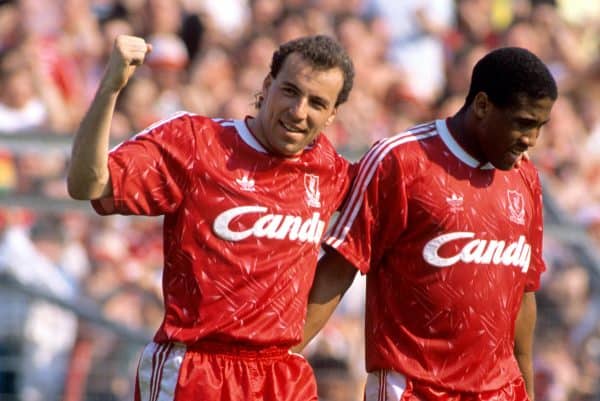
Re-winding back to the start of the season, Liverpool’s strong start saw them go eight games unbeaten, which included a 9-0 win over Crystal Palace, to sit undefeated at the top of the table.
Two points separated them from fourth-placed Everton and Arsenal sat just one behind in second place before a run of four defeats and three wins in the subsequent seven games followed, resulting in Liverpool dropping to third place in the space of just over 30 days.
The Reds’ invincibility was given its sternest test and provided a small glimpse into how Liverpool’s empire was slowly falling to its knees.
The last defeat in that run, where Liverpool would lose just once more in the league in their remaining 23 games, came against Sheffield Wednesday – but the result was of secondary importance on an emotionally-charged afternoon.
From that point on, the Reds would win 12 and draw seven until the title-decider against QPR, but they would show signs of vulnerability and fragility along the way which, unbeknownst at the time, would signal the start of the end.
But on April 28, 1990, Liverpool would be given a chance to clinch the title with two games to spare. Aston Villa had played a game more and needed to beat Norwich to keep their title hopes alive, with the Reds needing only to better the result of their rivals to clinch No. 18.
And it was anything but straightforward. QPR had taken the lead through Roy Wegerle after just 14 minutes to put the party on hold.
But the ever-reliable Ian Rush and John Barnes would both strike to see Liverpool win 2-1 and with the Villa game ending four minutes after the final whistle at Anfield, the Reds would be forced to wait to see if they had won the league or would have to wait until Derby’s visit.
And while the players were on the pitch, news filtered through that Villa had been held to a 3-3 draw, ensuring the 10th title in 15 seasons was secured.
Both Alan Hansen and Kenny Dalglish were bullish of Liverpool’s achievements after the game, with the captain saying: “The team’s had its critics, but we have had only one league defeat since November, and that’s one hell of a run.”
Dalglish, on the other hand, said: “We won the title because we have been the best team this season and not because Norwich held Aston Villa to a draw. If someone wants to help along the way we are grateful but we don’t expect it.”
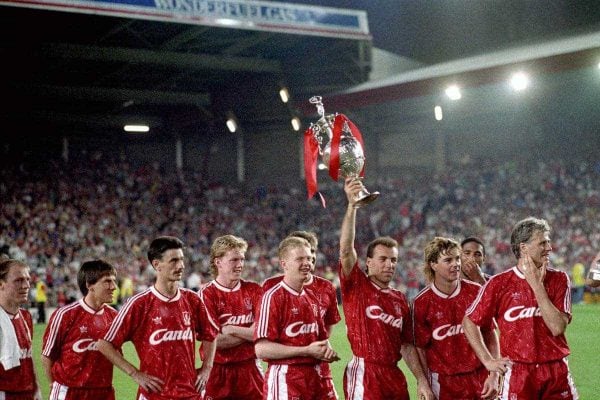
Liverpool would be presented with the trophy after their 1-0 win over Derby in the penultimate game of the season, with their final match coming away at Coventry City.
And while Hansen would at the time claim that “this squad is so good it could keep going for another 20 years,” the opposite was true as the club would fall from the top and fail to return for a further three decades.
It was a silent decline which would creep up slowly throughout the 1990s, but with an ageing squad and Dalglish’s shock resignation to follow, the familiar, and almost annual, reunion with the league title would soon be spoken of in past tense and a new generation would only hear the stories second-hand.
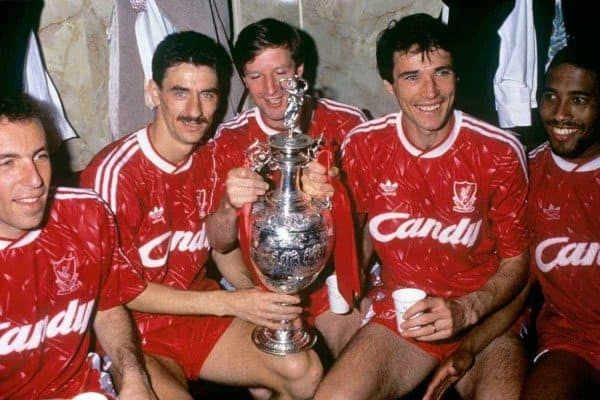

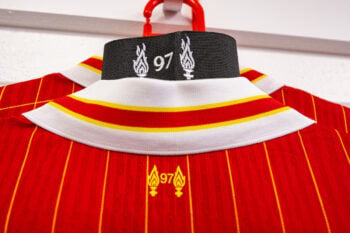
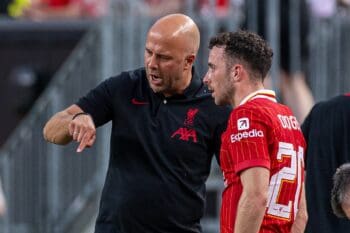

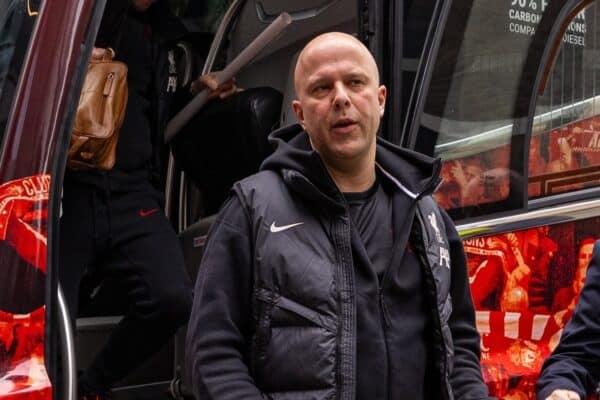
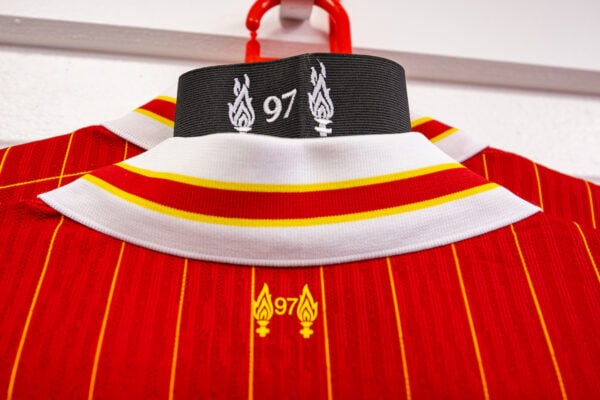
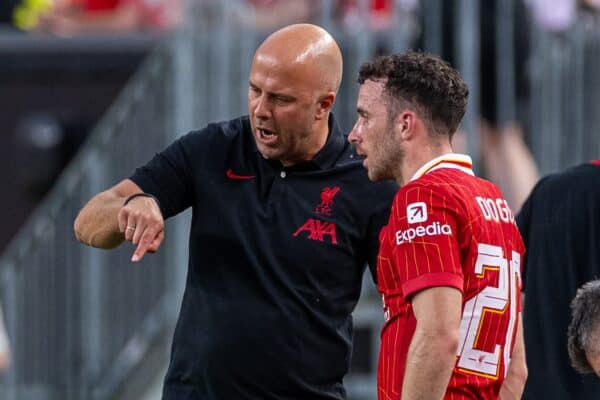
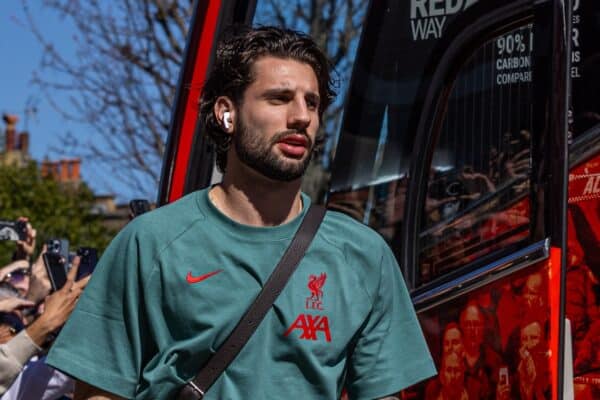
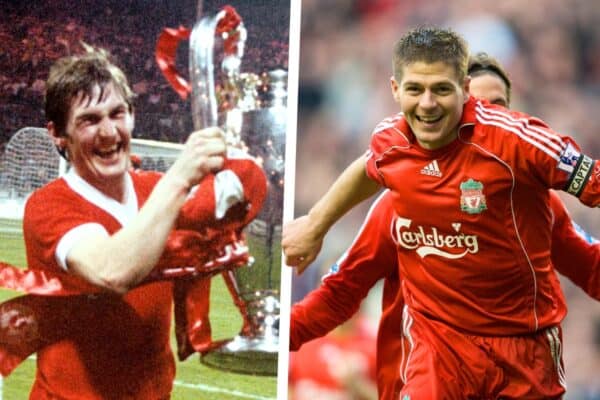
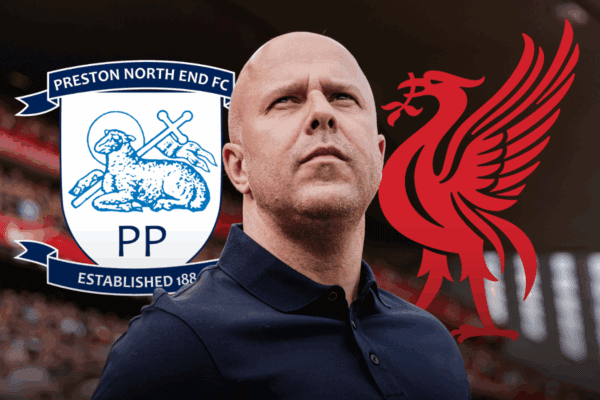

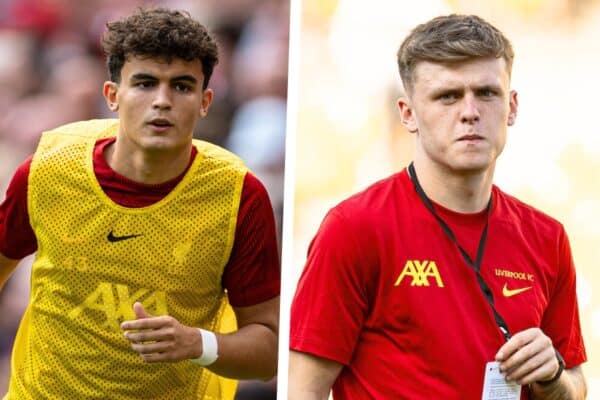




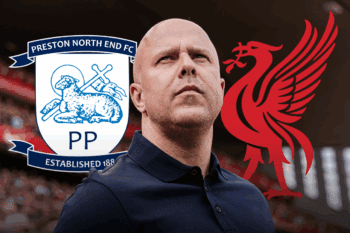
Fan Comments